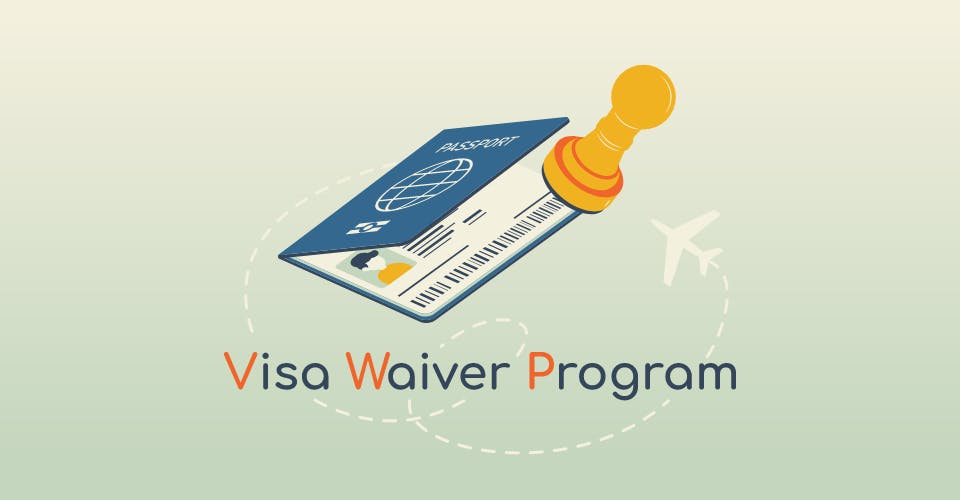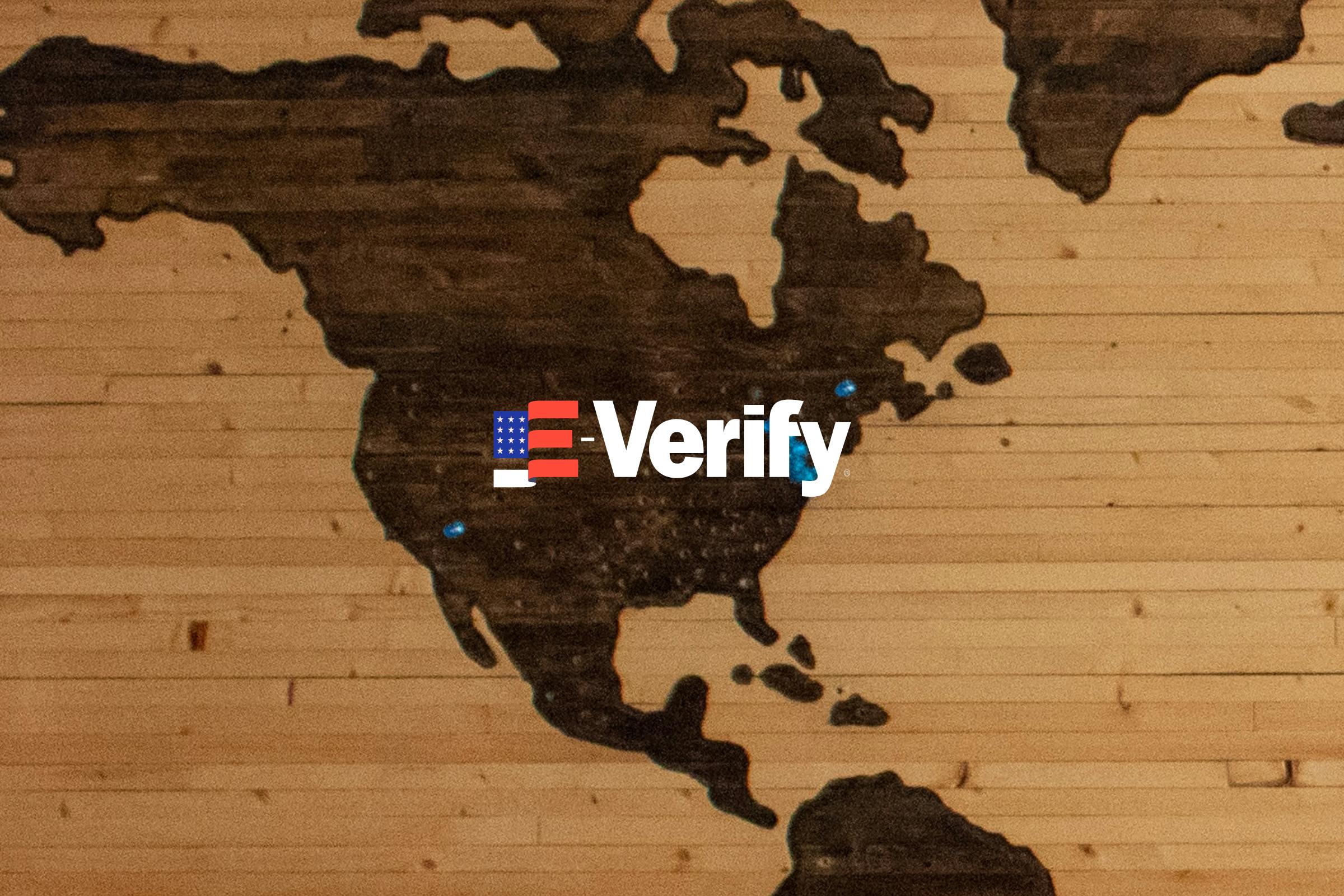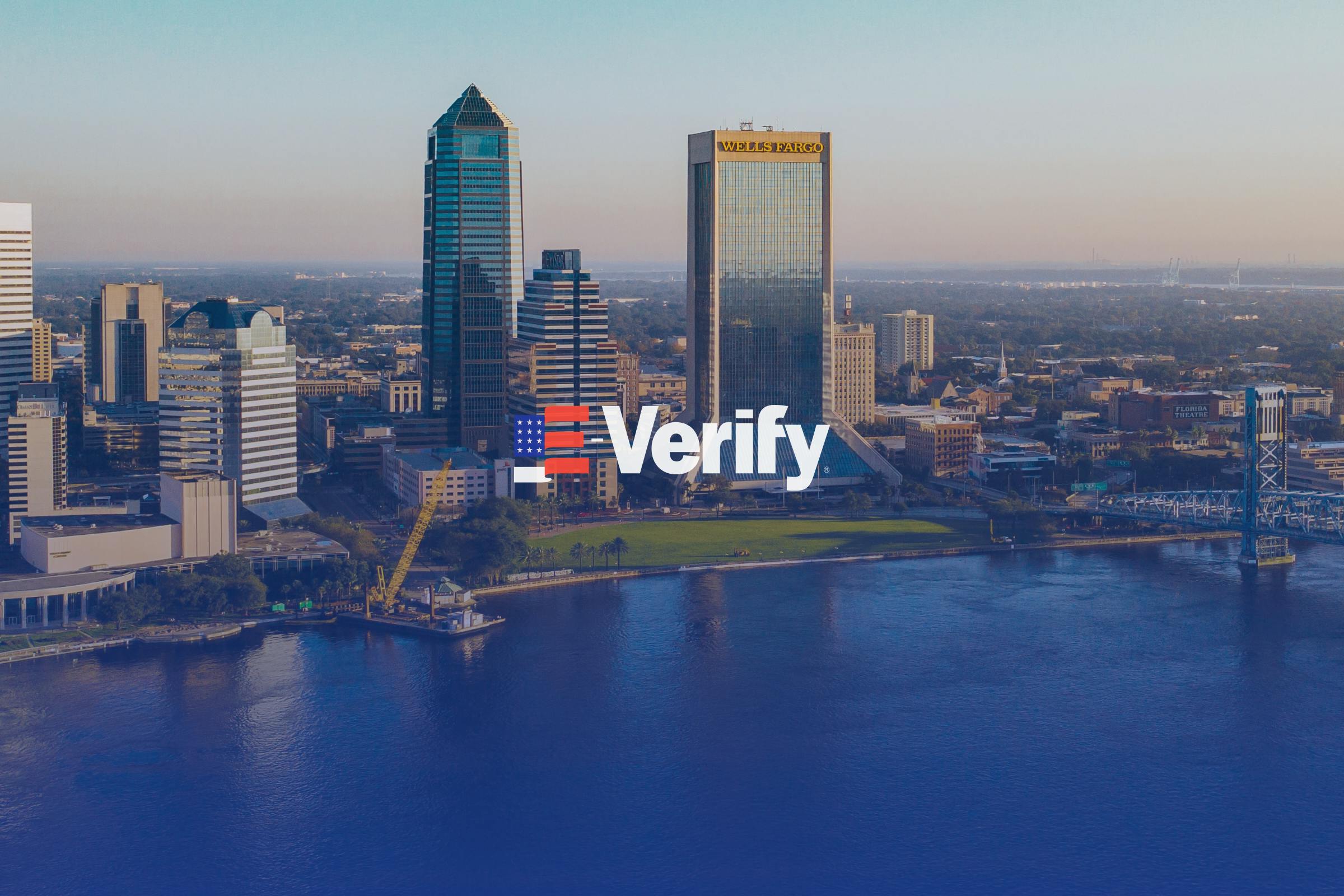The Visa Waiver Program (VWP) is a special program that allows citizens from 39 different countries (mostly European nations) travel to the U.S. for purposes of tourism, business related activities, or transit, for up to 90 days without any visa. The process is initiated by ESTA—Electronic System for Travel Authorization, which is available on the Customs and Border control website. Eligibility for this procedure mainly derives from ones nationality.
Under normal circumstances, it is generally not allowed for a foreign national who is visiting the U.S. under the VWP to extend their stay in the United States. As previously covered, this is one of the exceptions for non-immigrants who are in the U.S. and want to file an Extension of Stay application (I-539). However, due to the pandemic and the difficulty with international travel in recent months, it is technically possible to get an extension to remain in the U.S. if you are able to prove to the CBP that you are indeed in an emergency situation. This blog will cover how such an extension works and the appropriate measures to take in this process.
Rules for Extension
If you are looking to extend your stay in the U.S. under the VWP, you need to be aware that your extension is not contingent upon filling out the standard I-539 application. Instead, this is a matter that should be taken up with the Customs and Border Control (CBP) Deferred Inspection Site.
The CBP defines the Deferred Inspection Sites as the following:
“There are over 70 Deferred Inspections Sites throughout the United States and the outlying territories. These sites provide assistance to those individuals who at the time of entry into the United States were scheduled for a deferred inspection or believe that the documentation and corresponding endorsements issued at the port of entry require review and possible correction.
Deferred inspections are used when an immediate decision concerning the immigration status of an arriving traveler cannot be made at the port of entry due to a lack of documentation. On a case-by-case basis, the port of entry may schedule the traveler to report to a Deferred Inspection Site at a future date in order to present the necessary documentation and/or information.” (CBP, 2021).
Making an Appointment
If you are trying to reach a Deferred Inspection site, navigate the CBP website to find an appropriate contact number to try and schedule an appointment. Due to the timeliness of the situations of expiring statuses, (the VWP is only valid for 90 days) it is best to not try and write to the office via postal service as this will delay your request substantially.
If you are scheduled for an appointment at a Deferred Inspection site for the possibility of receiving a 30 day extension on your stay in the U.S., be sure to bring the following documentation, which not be an exhaustive list:
- Valid passport
- I-94 Entry/Exit Record
- A detailed explanation of your emergency situation
- ESTA Confirmation/Proof of VWP Status
Also, please note that while the CBP may grant you an initial 30 day extension in the United States, it is possible to, within the time period of the first extension, to apply for an additional 30 day extension if absolutely necessary. Please be sure to abide by the time constraints set by the Customs and Border control office.














